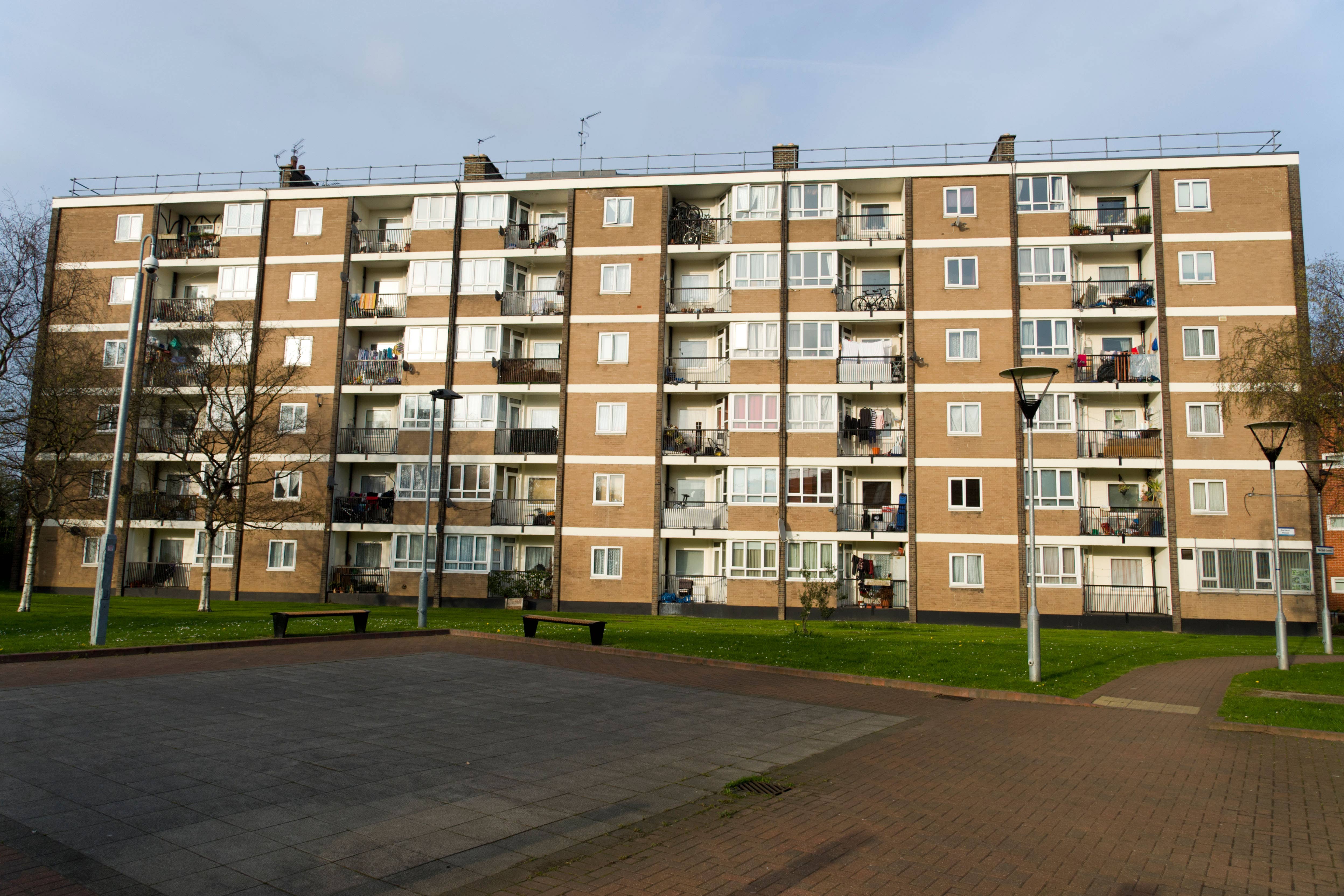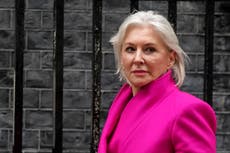Nearly a third of councils in poorest areas on verge of bankruptcy
A survey has found 14 of 47 councils in the North, the Midlands and on the south coast may go bust this year or next

Your support helps us to tell the story
From reproductive rights to climate change to Big Tech, The Independent is on the ground when the story is developing. Whether it's investigating the financials of Elon Musk's pro-Trump PAC or producing our latest documentary, 'The A Word', which shines a light on the American women fighting for reproductive rights, we know how important it is to parse out the facts from the messaging.
At such a critical moment in US history, we need reporters on the ground. Your donation allows us to keep sending journalists to speak to both sides of the story.
The Independent is trusted by Americans across the entire political spectrum. And unlike many other quality news outlets, we choose not to lock Americans out of our reporting and analysis with paywalls. We believe quality journalism should be available to everyone, paid for by those who can afford it.
Your support makes all the difference.At least 30 per cent of councils in some of the poorest areas of the country are considering declaring effective bankruptcy this year or next, it has emerged.
A survey of 47 local authorities in the North, the Midlands and on the South Coast revealed the severe strain on finances meant five are currently in the process of deciding whether to issue a section 114 notice of their inability to balance their annual budget in 2023-24.
An additional nine councils which are members of the Special Interest Group of Municipal Authorities (Sigoma) said they may have to declare bankruptcy next year.
Sigoma said this was the first time many member councils were considering issuing a section 114 notice, which freezes all non-essential spending.
The growing possibility of drastic action is said to be driven by the depletion of cash reserves available to cover gaps in budgets.
Councils said the most common cause of financial pressures was demand for children’s social care services following requests from the government to treat these services as an equal priority with adult social care, and allocate additional funding.
Other significant factors cited were inflation costs and wage rises, with warnings an imminent increase in the cost of borrowing is set to add further financial pressure.
Sigoma said it understands that at least 12 other councils across the country are now considering issuing a section 114 notice in 2023-24.
There have been repeated warnings over the perilous state of local authority budgets, with the Institute for Fiscal Studies recently reporting that councils serving disadvantaged communities receive less investment – largely as a result of delays to planned reform of formulae which determine government allocations.
The first S114 notice was issued by Hackney Council in 2000. Northamptonshire County Council followed suit in 2018.
The funding system is completely broken. Councils have worked miracles for the past 13 years, but there is nothing left
However, councils have begun declaring bankruptcy at an unprecedented rate, with section 114 notices recently issued by Conservative-run councils Thurrock and Woking and Labour-run Croydon and Slough.
Since 2020, 16 councils have received exceptional financial support from the Department of Levelling Up, Housing and Communities (DLUHC), with seven announced this year.
Sir Stephen Houghton, Labour leader of Barnsley Council and Sigoma chair, said: “The government needs to recognise the significant inflationary pressures that local authorities have had to deal with in the last 12 months.
“At the same time as inflationary pressure, councils are facing increasing demand for services, particularly in the care sector.
“Pay increases are putting substantial pressure on budgets, and so the government must ensure that local authorities have the additional funding they need to fully fund these pay increases or risk impacting future service delivery.
“The funding system is completely broken. Councils have worked miracles for the past 13 years, but there is nothing left.”
We recognise all councils are facing pressures and, as well as making it a priority to halve inflation, we have introduced a one-off funding guarantee to ensure that every council sees at least a three per cent increase in core spending power before any local decisions on council tax rates
Sir Stephen also called on the government to provide clarity on the timing of local government funding reforms.
A government spokesperson said: “Councils are ultimately responsible for the management of their own finances.
“However, the government has been clear that local authorities should not take excessive risk with taxpayers’ money, and we have established the Office for Local Government to improve the accountability for performance across the sector.
“We recognise all councils are facing pressures and, as well as making it a priority to halve inflation, we have introduced a one-off funding guarantee to ensure that every council sees at least a 3% increase in core spending power before any local decisions on council tax rates.
“We are also providing around £2bn in additional grants for social care.
“We also recognise the need for change in children’s social care. Earlier this year the government published its implementation strategy and consultations for reform, stable homes built on love.
“The government will respond to these consultations by the end of September.”


